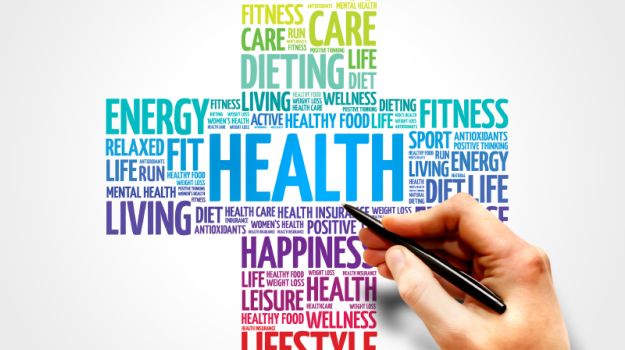India has ranked 154th among 195 countries on healthcare index in Lancet medical journal’s report titled ‘Global Burden of Disease’. Performance of countries was assessed for a period of 25 years from 1990-2015, based on death rates from 32 diseases that could be avoided by effective medical care.
- Tuberculosis, diabetes, diphtheria, whooping cough, tetanus and measles, treatable cancer, rheumatic heart disease, hypertensive heart disease, chronic kidney disease, and maternal or neonatal disorders are some of the diseases for which death rate was tracked.
- This study has been funded by the Bill & Melinda Gates Foundation.
Highlights of ‘Global Burden of Disease’:
Even though healthcare quality and access has improved over 25 years, the inequality between the best and worst performing countries has widened.
- India’ index score was 44.8, which marks an improvement of 14.1 points as
 compared to 1990.
compared to 1990. - However, India has underperformed in treating tuberculosis, diabetes, rheumatic heart diseases and chronic kidney disease.
- Pakistan and Afghanistan are the only SAARC countries which have ranked lower than India.
Performance of India’s Neighbouring countries:
| Country | Index Score |
| China | 74 |
| Sri Lanka | 72.8 |
| Bhutan | 52.7 |
| Bangladesh | 51.7 |
| Nepal | 50.8 |
| Pakistan | 43.1 |
Healthcare Industry in India:
The Indian healthcare industry has been growing at a phenomenal rate. During 2008-20, it is expected to clock a Compound Annual Growth Rate (CAGR) of 16.5%.The industry size is expected to touch US$ 280 billion by year 2020.
- Despite of this, state of healthcare services in India remains dismal, on account of poor accessibility to healthcare, doctors, and medical facilities.
- As announced in new National Health Policy, released in March 2017, Indian Govt aims to increase health spending to 2.5% of GDP. It is to be noted that the World Health Organisation (WHO) has recommended spending 5% of GDP.



 compared to 1990.
compared to 1990.

